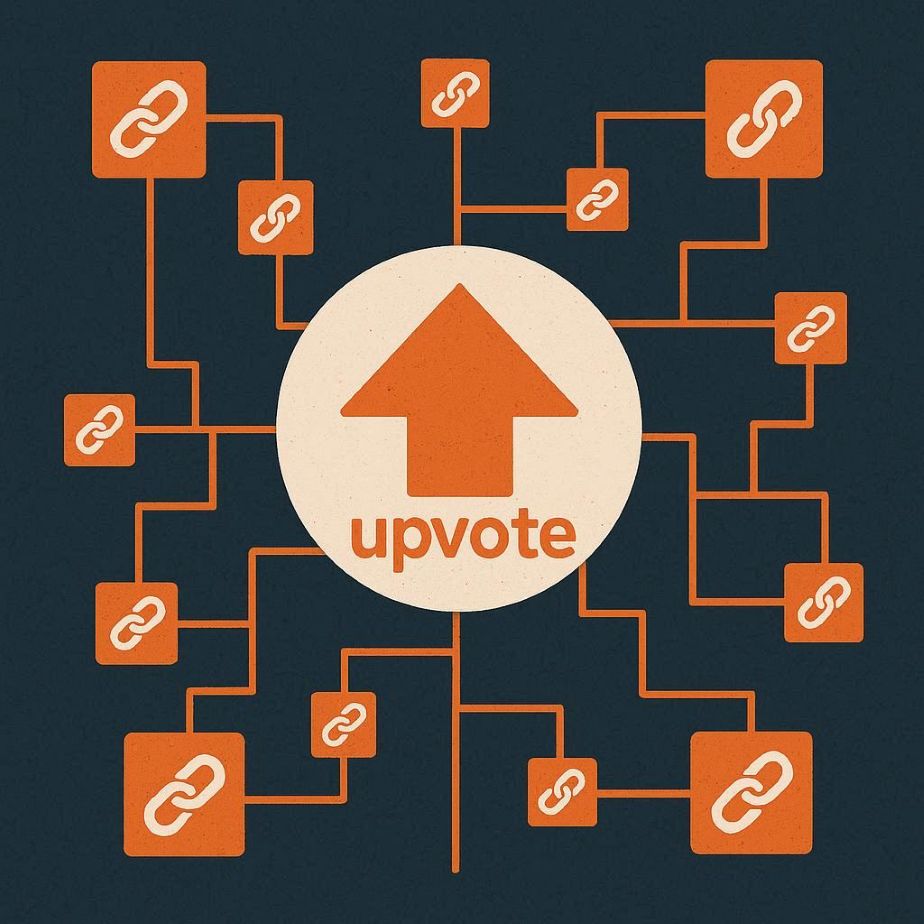
Reddit’s front page isn’t built on democracy, it’s built on algorithms. Every upvote, downvote, and comment feeds into a complex system that decides what content rises and what fades. While this system is designed to surface the most engaging posts, it’s far from perfect. Manipulation, vote brigading, and bot-driven campaigns have turned Reddit’s reputation system into a battleground for visibility.
Marketing firms have tapped into this vulnerability, offering services that boost visibility through artificial engagement. For instance, this Reddit marketing company, Redaccs, provides upvotes to help content climb the ranks. While this may seem like a shortcut to success, it raises questions about authenticity and fairness. If visibility can be bought, what happens to organic voices and genuine community interaction?
How Algorithms Shape Reddit’s Reality
Reddit’s algorithm doesn’t just rank posts, it shapes perception. The platform’s sorting logic prioritizes engagement velocity, meaning posts that gain traction quickly are more likely to be seen. This creates a feedback loop where early exposure leads to more visibility, which leads to more engagement. But it also means that content can be artificially inflated if timed and targeted correctly.
Users often assume that highly upvoted content is trustworthy or popular. This assumption gives power to those who understand how to game the system. Bots, coordinated voting groups, and paid promotions can distort what’s seen as “authentic.” The result is a digital landscape where manipulation can masquerade as popularity.
Blockchain as a Guardian of Trust
Blockchain offers a way to verify reputation without relying on centralized control. By recording interactions on a transparent ledger, blockchain-based systems can track user behavior, engagement history, and voting patterns in a way that’s tamper-proof. This could help distinguish genuine engagement from artificial manipulation.
Imagine a Reddit where every vote is traceable and verified. Users could see whether an upvote came from a real account with a history of meaningful contributions or from a bot created yesterday. Reputation would be earned, not bought. This shift could restore trust and give users more control over what they see.
Benefits of Decentralized Reputation Systems
- Transparency: Users can audit voting behavior and engagement history.
- Accountability: Malicious actors can be flagged and filtered out.
- Equity: Smaller voices have a chance to be heard without being drowned out by paid promotions.
Decentralization doesn’t mean chaos, it means shared responsibility. When reputation is distributed across a network, no single entity can control it. This opens the door for community-driven moderation and more democratic content curation.
The Demand for Change
Users are growing tired of opaque systems and manipulated feeds. As digital communities become more central to public discourse, the need for transparent, fair, and decentralized platforms becomes urgent. Reddit, like many social platforms, is at a crossroads. It can continue down the path of algorithmic opacity, or it can embrace technologies that empower users.
Blockchain isn’t a silver bullet, but it’s a step toward accountability. By integrating decentralized verification systems, Reddit could evolve into a platform where reputation is earned through meaningful participation, not purchased through marketing schemes.
READ ALSO: The Tech-Driven Evolution of Social Marketing: Navigating the Changing Face of Communications
Looking Ahead
The future of online reputation depends on how platforms respond to growing concerns. Reddit has the opportunity to lead by example, adopting systems that prioritize transparency and community trust. Whether through blockchain or other decentralized technologies, the goal should be clear: empower users, protect authenticity, and build a digital space where voices matter more than algorithms.
As users, we must ask ourselves what kind of internet we want to build. One shaped by genuine interaction and shared values, or one dominated by invisible systems and artificial influence? The answer lies in how we choose to engage and what we demand from the platforms we use.
